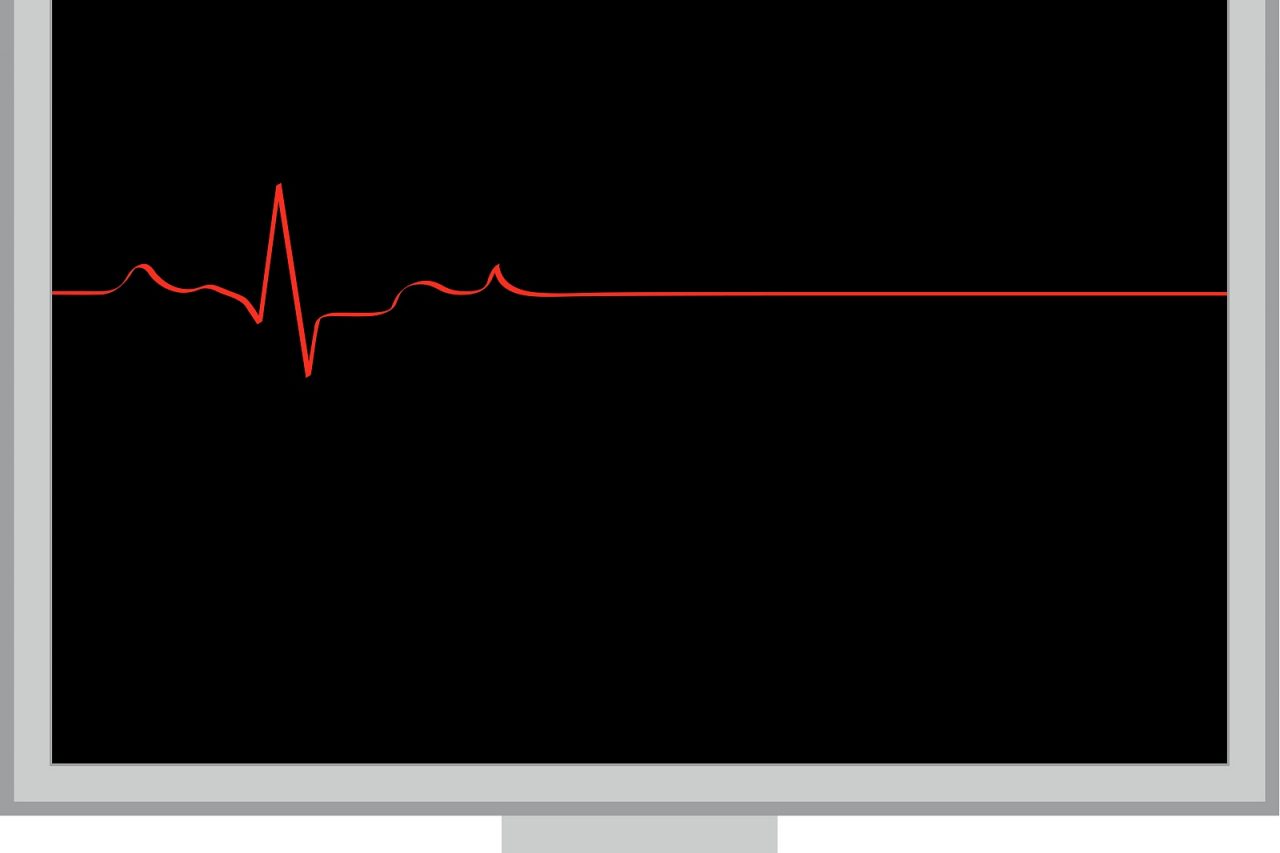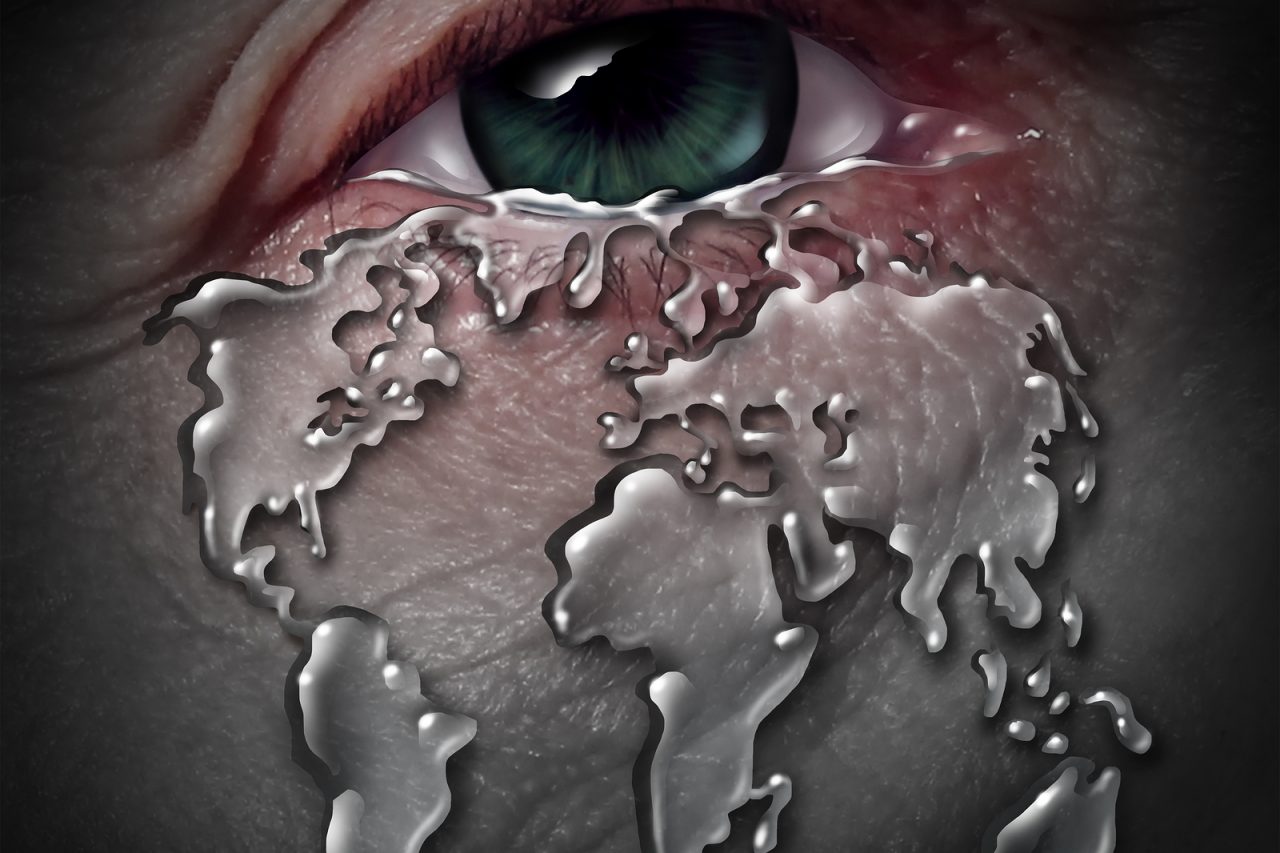I remember it was raining outside when I told Ester she had metastatic stomach cancer. She cried, as her son sat silently holding one thin hand in two of his. After a while, she asked, how long did she have to live? I explained it depended how well the chemotherapy worked. She smiled gently, as one humoring a silly child, and said that there would be no treatment. After 81 years of good and bad life, there was no reason to battle the inevitable. Ester went home, on hospice, and quietly lived the last two months of her life.
Elisabeth Kubler-Ross, M.D. proposed that there were five emotional phases to coping with fatal disease. First, denial; it must be a mistake. Then anger, fight or flight, there must be someone to blame. Sometimes, there is bargaining, try to make a deal; perhaps God will trade for more time. Many patients suffer depression, as hope is hard to maintain. Finally, the critical stage, acceptance. There may be an element of calm; a final understanding of one’s mortality and a peaceful acquiescence to reality. Death Closure.
No one goes through these stages in the same way or in the same order, and not everyone goes through each stage at all. Emotions mix and match and members of a family are rarely at the same place in the grieving process. Often patients do not get beyond the first two stages and many die astonished and angry. Relatively few patients fully accept what is happening. Rarer still are patients such as Ester who move directly to acceptance, avoiding the anguish of the other stages. Why not?
Every person more than seven years old knows that life is terminal. Nonetheless, most people do not emotionally prepare for what is going to happen. Instead, it is argued, we do the opposite, creating illusions of immortality that make it even harder to cope with dying. This failure causes deep pain for anyone who is stricken with a deadly disease, such as cancer. This failure causes deep pain for all men.
In his 1974 Pulitzer Prize winning book, Ernest Becker, Ph.D., theorized that the Denial of Death is responsible for most of the horror created by mankind. Becker proposed that all men and women spend their lives building a personal myth to find meaning and traces of immortality in daily existence. Whom we love, what we do, what we believe and essentially every decision we make are influenced by our need to deny death by giving eternal purpose to our lives.
Like Kubler-Ross’s stages, when this coping mechanism is compromised we respond with anger, ethical compromise, and depression. Becker believed that if the conscious and subconscious defenses that we use to deny death are threatened, we respond with intolerance, prejudice, jingoism, violence and war itself. Anyone who is different from us, in any way, threatens our immortality. Becker doubted that homo sapiens was a viable species, and thought it was likely that man’s very fear of death would result in his ultimate destruction.
Kubler-Ross was concerned about the grief one person experiences when diagnosed with an incurable disease. Becker taught that mankind, as individuals and as a whole, goes through stages of grief on a daily basis, the result of threats to our mortal character-armor and that we may never get beyond anger in our defense of that denial.
The crucial question, on which the survival of our species may depend, is what Ester, and others like her, can teach us about death closure? Can we learn to accept our mortality, even when the actual time and cause of our demise is hypothetical? Can we cope with dying when we are healthy and likely have decades to live? If Becker is correct, that the source of the pain which man inflicts upon each other, is a projection of the denial of death inside every one of us, then coming to death closure not just as individuals but as society, might be key to preventing the distrust, isolation and massive destruction, which harms so many, everyday.
Hospice and Palliative Medicine teaches us to seek quality of life, at its end, by open and realistic conversations about death. Man has the internal strength to peer into the abyss and not burn. Such conversations, using the same open and realistic communication, starting when we are young, might bring quality and peace to all life. Perhaps this is the broader mission for Hospice, healing by teaching us to recognize the hold denial and fear has on all men and nations. Then, Palliative Medicine would not be about dying; it would be about saving mankind.






23 Comments